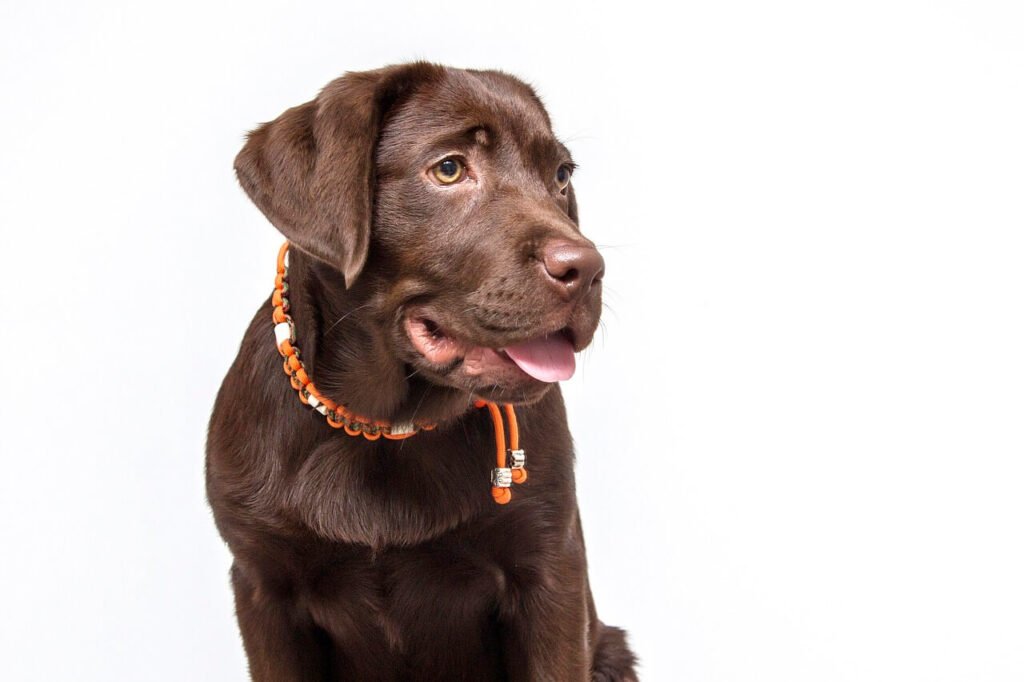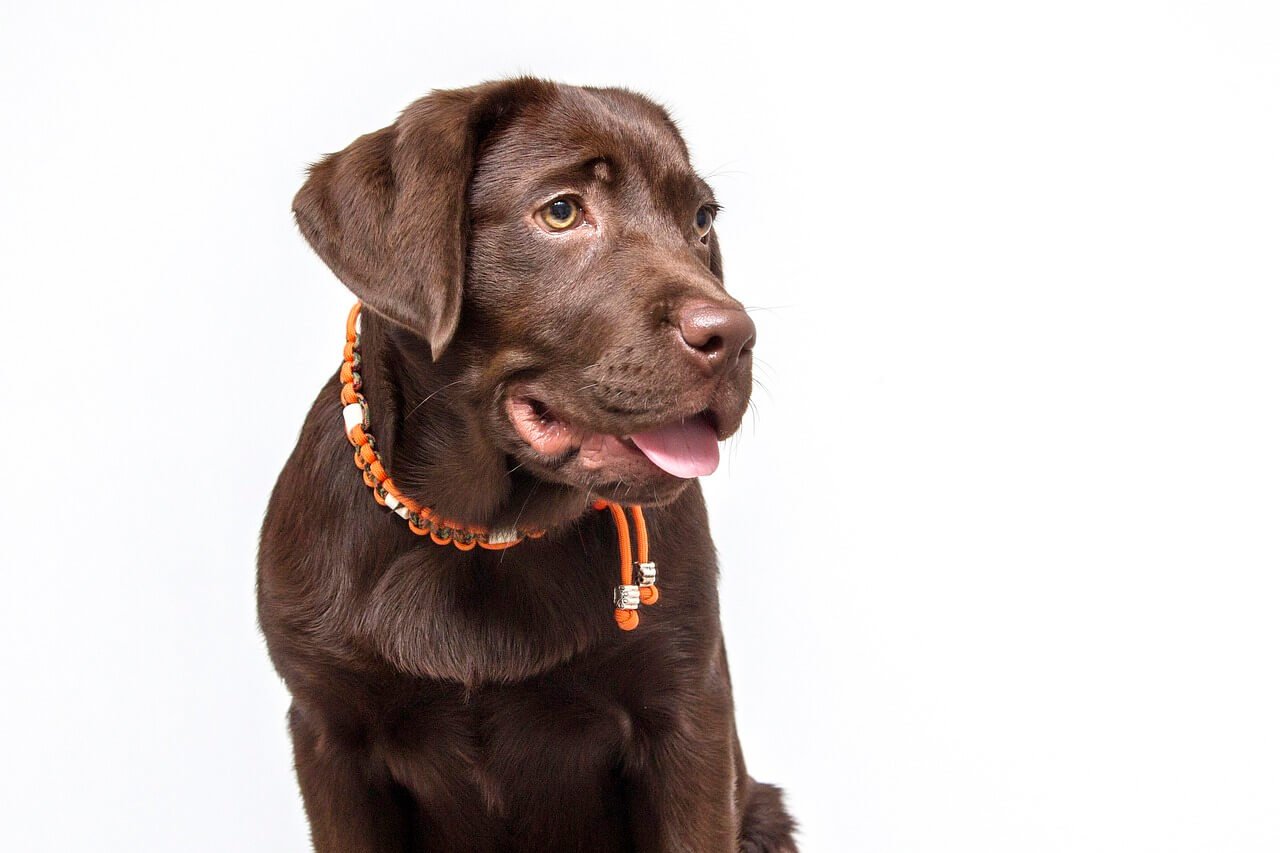Understanding Delayed Vaccine Reactions in Dogs
Vaccinations are a cornerstone of preventive healthcare for dogs, protecting them from serious and potentially life-threatening diseases. However, while vaccines are generally safe, some dogs may experience adverse reactions—sometimes hours, days, or even weeks after the injection. A delayed vaccine reaction in dogs is rare but can be concerning for pet owners who notice unusual symptoms after vaccination. In this blog post, we’ll explore what causes these reactions, how to identify them, and what steps you can take to ensure your dog remains healthy and comfortable.
What Is a Delayed Vaccine Reaction in Dogs? Key Facts
A delayed vaccine reaction occurs when a dog experiences an adverse response to a vaccination days or weeks after receiving it. While most reactions happen within hours, delayed reactions can be more subtle and harder to detect. Here’s what you need to know about this phenomenon:
Delayed reactions are less common than immediate ones but can still occur in sensitive dogs.
Symptoms may include lethargy, swelling, or changes in behavior that develop gradually over time.
These reactions can be caused by an overactive immune response triggered by the vaccine components.
Some breeds, like small or toy breeds, may be more prone to vaccine sensitivities.
Vaccines containing adjuvants (substances that enhance immune response) are sometimes linked to delayed reactions.
While delayed vaccine reactions are rare, being informed about their potential signs can help you act quickly if your dog shows any unusual symptoms. Always consult your veterinarian if you suspect something is amiss.
Common Symptoms of a Delayed Vaccine Reaction
Recognizing the signs of a delayed vaccine reaction is crucial for ensuring your dog receives timely care. Unlike immediate reactions, which are often dramatic, delayed reactions can manifest more subtly. Here are some symptoms to watch for:
Lethargy or excessive tiredness that doesn’t improve with rest.
Swelling or lump formation at the injection site that persists or grows over time.
Loss of appetite or refusal to eat meals as usual.
Vomiting or diarrhea that occurs without an obvious cause.
Behavioral changes such as irritability, anxiety, or withdrawal from normal activities.
If your dog exhibits any of these symptoms after vaccination, contact your veterinarian promptly. Early intervention can prevent complications and ensure your dog’s comfort.
Check this guide 👉Understanding the DAPP Dog Vaccine: Best 7 Expert Tips!
Check this guide 👉Understanding a Lump on Dog After Vaccine: Best 7 Tips!
Check this guide 👉Bordetella Oral Vaccine for Dogs: Best 7 Expert Tips!

Symptoms of Delayed Vaccine Reaction | Steps to Take If You Notice Symptoms |
|---|---|
Lethargy | Monitor your dog closely and note changes. |
Swelling at injection site | Apply a warm compress and consult your vet. |
Loss of appetite | Offer bland food and seek veterinary advice. |
Vomiting or diarrhea | Keep your dog hydrated and contact your vet. |
Behavioral changes | Provide a calm environment and schedule a check-up. |
Causes of Delayed Vaccine Reactions in Dogs
While vaccines are designed to protect your dog, certain factors can increase the likelihood of a delayed reaction. Understanding these causes can help you make informed decisions about your dog’s healthcare. Here are some potential triggers:
An overactive immune system responding excessively to vaccine components.
Pre-existing health conditions, such as allergies or autoimmune disorders.
Genetic predispositions in certain breeds prone to vaccine sensitivities.
The presence of adjuvants in some vaccines, which can provoke stronger immune responses.
Administering multiple vaccines during a single visit, overwhelming the immune system.
By discussing your dog’s medical history and breed-specific risks with your veterinarian, you can minimize the chances of a delayed reaction. Tailoring the vaccination schedule to your dog’s needs is key to reducing risks.
Managing a Delayed Vaccine Reaction: What You Can Do
If your dog experiences a delayed vaccine reaction, prompt action is essential to ensure their well-being. Here are steps you can take to manage the situation effectively:
Contact your veterinarian immediately to discuss symptoms and schedule an examination.
Keep a detailed record of your dog’s symptoms, including when they started and their severity.
Follow your vet’s recommendations, which may include anti-inflammatory medications or antihistamines.
Create a calm and stress-free environment to help your dog recover more quickly.
Avoid administering any medications without veterinary guidance, as improper treatment can worsen the condition.
With proper care and attention, most dogs recover fully from delayed vaccine reactions. Your vigilance and communication with your vet are critical to ensuring a positive outcome.
Steps to Minimize the Risk of Delayed Reactions
While it’s impossible to completely eliminate the risk of a delayed vaccine reaction, there are steps you can take to reduce the likelihood. Prevention starts with understanding your dog’s health and working closely with your veterinarian. Here are some proactive measures:
Space Out Vaccinations: Avoid administering multiple vaccines in a single visit to prevent overwhelming your dog’s immune system.
Discuss Your Dog’s Medical History: Inform your vet about any past reactions or sensitivities to tailor the vaccination plan.
Choose Non-Adjuvanted Vaccines: Opt for vaccines without adjuvants if available, as they may be less likely to trigger reactions.
Monitor Post-Vaccination Health: Keep a close eye on your dog for several weeks after vaccination to catch any delayed symptoms early.
Consider Titer Testing: For dogs with known sensitivities, titer tests can help determine if additional vaccines are necessary.
By taking these precautions, you can significantly lower the risk of a delayed vaccine reaction while still ensuring your dog remains protected from preventable diseases.
Why Comfort Matters After a Vaccine Reaction
A delayed vaccine reaction can leave your dog feeling unwell and stressed. Providing emotional support during this time is just as important as addressing physical symptoms. Here’s how you can nurture your dog’s emotional well-being:
Create a Calm Environment: Reduce noise and activity levels in your home to help your dog feel safe and relaxed.
Offer Gentle Companionship: Spend quality time with your dog through quiet cuddles or soft play to reassure them.
Stick to Familiar Routines: Maintaining regular feeding and walking schedules can provide a sense of stability.
Use Positive Reinforcement: Reward your dog with treats or praise to boost their mood and confidence.
Limit Stressful Situations: Avoid exposing your dog to new environments or unfamiliar people until they’ve fully recovered.
Emotional care plays a vital role in your dog’s recovery process. By fostering a supportive atmosphere, you can help them bounce back more quickly and comfortably.
Exploring Options for Dogs with Sensitivities
For dogs prone to vaccine reactions, traditional vaccination protocols may not always be the best fit. Fortunately, there are alternatives that can help minimize risks while still protecting your dog’s health. Here are some options to discuss with your veterinarian:
Titer Testing: This blood test measures antibody levels to determine if your dog already has immunity to certain diseases, potentially reducing the need for booster shots.
Non-Core Vaccines: Skip non-essential vaccines based on your dog’s lifestyle and exposure risks, focusing only on core vaccinations.
Single-Dose Vaccinations: Administer one vaccine at a time with adequate spacing between doses to reduce immune system strain.
Homeopathic or Holistic Approaches: Some pet owners explore natural supplements or remedies to support immune health, though these should complement—not replace—traditional vaccines.
Customized Vaccination Schedules: Work with your vet to create a personalized plan that considers your dog’s age, breed, and health history.
Each alternative has its own benefits and limitations, so it’s essential to collaborate with your veterinarian to find the best solution for your dog’s unique needs. With careful planning, you can balance protection and safety effectively.
Frequently Asked Questions About Delayed Vaccine Reactions in Dogs
What is a delayed vaccine reaction in dogs?
A delayed vaccine reaction occurs when a dog develops adverse symptoms days or weeks after receiving a vaccination.
How common are delayed vaccine reactions?
Delayed reactions are rare but can occur in sensitive dogs or those with pre-existing health conditions.
Can I prevent a delayed vaccine reaction?
While not always preventable, spacing out vaccines and discussing risks with your vet can reduce the likelihood.
What should I do if my dog has a lump at the injection site?
Monitor the lump closely; if it grows, becomes painful, or doesn’t resolve within a few weeks, consult your vet.
Are certain breeds more prone to vaccine reactions?
Small or toy breeds, as well as those with known sensitivities, may be at higher risk.
Final Thoughts: Staying Informed and Prepared
While vaccinations are vital for your dog’s health, understanding the possibility of a delayed vaccine reaction ensures you’re prepared to act if needed. By staying vigilant, recognizing symptoms early, and working closely with your veterinarian, you can safeguard your dog’s well-being. Remember, no two dogs are alike, and tailoring their healthcare to their unique needs is the best way to keep them happy and healthy. With knowledge and proactive care, you can navigate the world of vaccines confidently, knowing you’re doing everything possible to protect your furry friend.
Do Cats Have Taste Buds? Best 7 Expert Tips! – Discover how cats experience flavors and why their taste is so unique.
Do Dogs Have Taste Buds? Best 7 Expert Tips! – Discover how dogs experience taste, their preferences, and what it means for their diet and health.
Can Cats Taste Sweet? Best 7 Expert Tips! – Discover why cats can’t taste sweetness, how it affects their diet, and tips to keep them healthy and happy.
Can Dogs Taste Sweet? Best 7 Expert Tips! – Discover how dogs perceive sweetness, which foods are safe, and tips to manage their sweet cravings responsibly.





